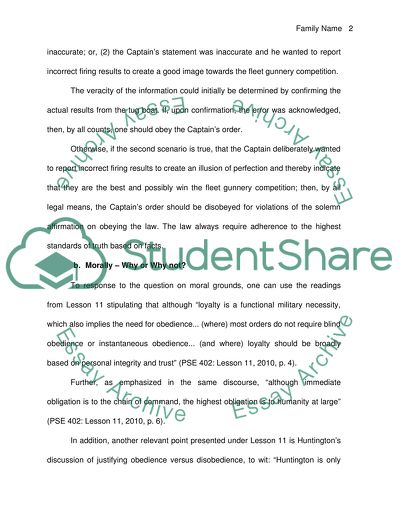Cite this document
(“Defense Ethics Assignment Example | Topics and Well Written Essays - 2500 words”, n.d.)
Retrieved de https://studentshare.org/military/1390398-military-professionalism
Retrieved de https://studentshare.org/military/1390398-military-professionalism
(Defense Ethics Assignment Example | Topics and Well Written Essays - 2500 Words)
https://studentshare.org/military/1390398-military-professionalism.
https://studentshare.org/military/1390398-military-professionalism.
“Defense Ethics Assignment Example | Topics and Well Written Essays - 2500 Words”, n.d. https://studentshare.org/military/1390398-military-professionalism.


